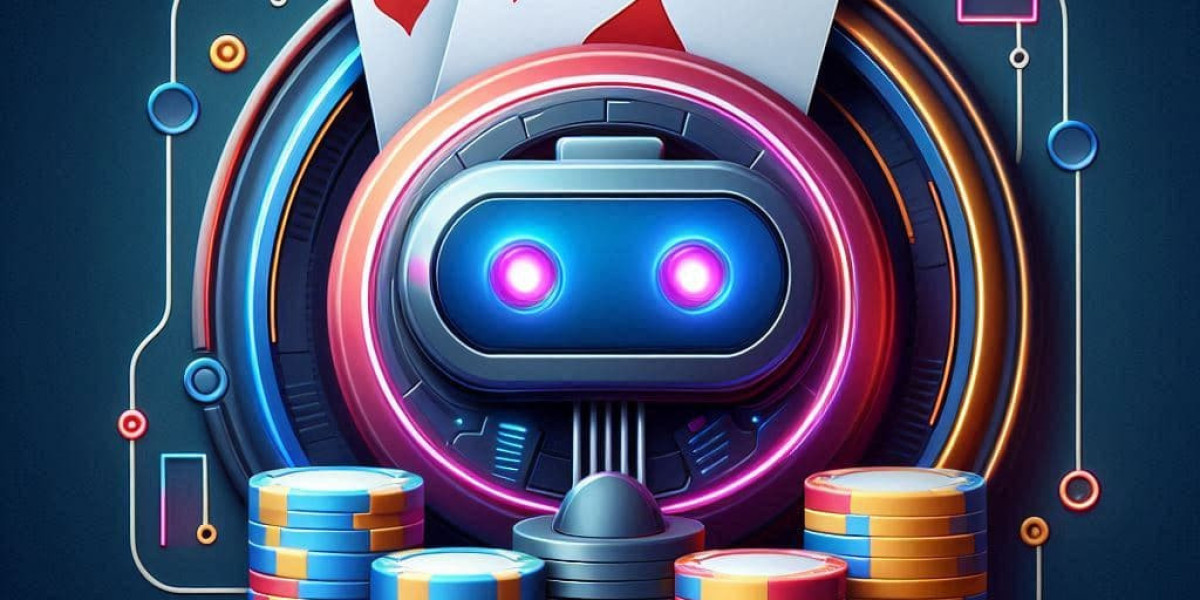These advanced systems are capable of analyzing complex game scenarios, adapting to opponents' strategies, and making decisions that rival even the most experienced human players.
Unlike traditional rule-based bots, neural network-based poker bots learn from data. They are trained on thousands or even millions of poker hands, allowing them to recognize patterns, understand probabilities, and make informed decisions in real time. This approach mimics the way humans learn and adapt, which makes these bots particularly effective in dynamic and unpredictable environments like poker.
The core of a neural network poker bot lies in its architecture. Typically, it includes multiple layers of interconnected nodes that process input data such as hand strength, betting history, position at the table, and opponent behavior. These inputs are transformed through the network to produce outputs like fold, call, or raise decisions. Over time, and with enough training, the bot becomes increasingly proficient at identifying optimal strategies.
One of the key advantages of using neural networks in poker bots is their ability to generalize. This means they can perform well even in situations they haven't explicitly encountered during training. For example, if an opponent uses an unconventional betting pattern, a well-trained neural network can still make reasonable decisions based on similar patterns it has seen before.
Developers often use reinforcement learning techniques to further enhance the performance of these bots. In this setup, the bot plays against itself or other bots, learning from wins and losses to refine its strategy. This self-play approach has been instrumental in the success of AI systems in games like chess and Go, and it's proving to be just as effective in poker.
At https://aifarm-bots.com, enthusiasts and developers can explore a variety of AI-powered bots, including those designed for poker. The site offers insights into how these bots are built, the technologies behind them, and the potential applications beyond gaming.
As neural network-based poker bots continue to improve, they not only push the boundaries of what's possible in AI but also offer valuable lessons in decision-making, strategy, and human-computer interaction. Whether you're a developer, a poker enthusiast, or simply curious about the future of artificial intelligence, this is an exciting area to watch.
